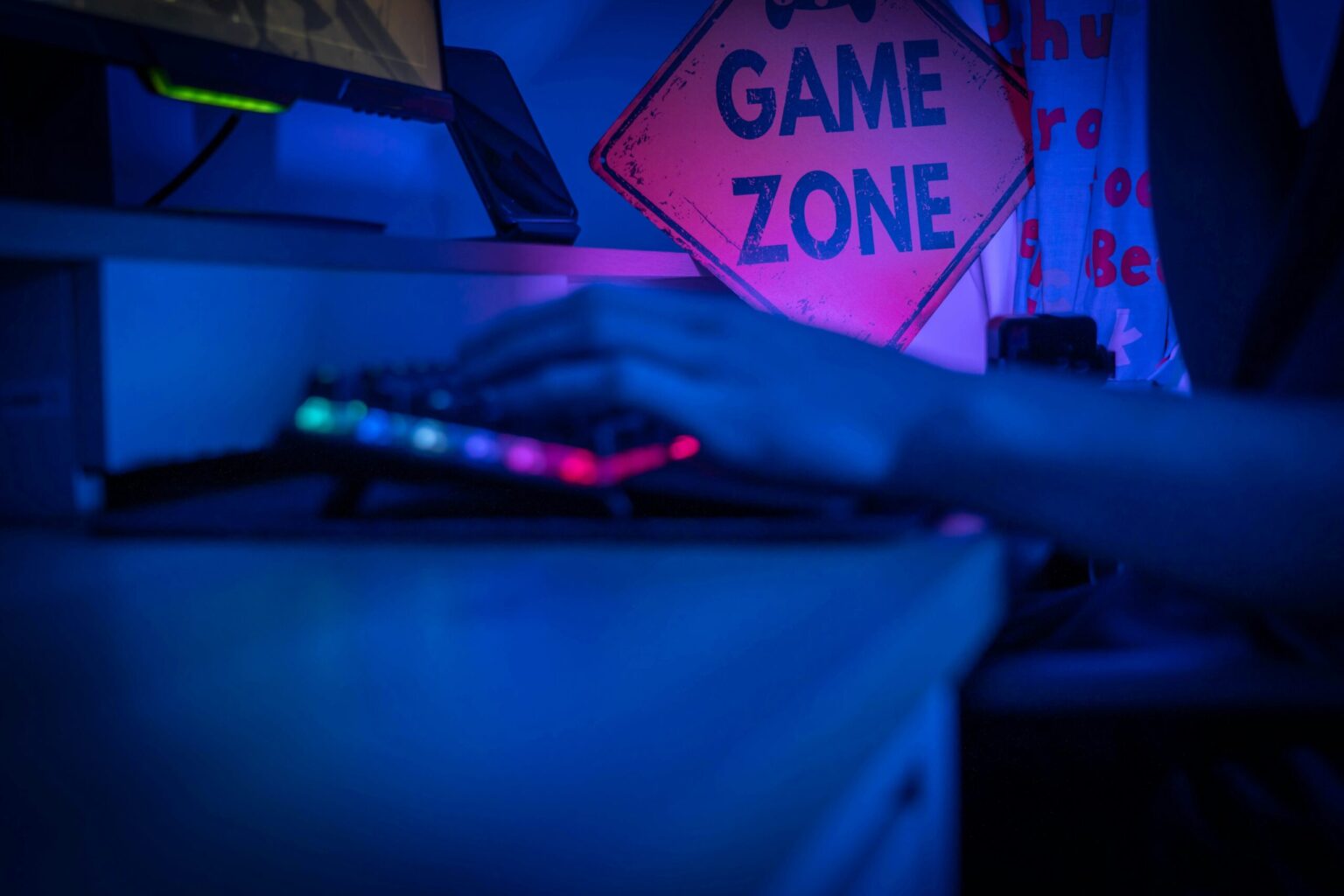In an unprecedented move for the U.S. sports industry, e-sports have secured a significant foothold as major sports leagues and brands forge lucrative partnerships with digital gaming companies. The surge in interest and investment in e-sports is setting the stage for what experts predict will be a transformative year for the sector, with record-breaking viewership and multi-million dollar sponsorship deals propelling the gaming world into the mainstream.
As of February 2025, the total value of e-sports sponsorships in the U.S. has surpassed $1.5 billion, a 25% increase from the previous year. This surge in investments has seen a diverse range of partnerships between e-sports organizations and well-established sports entities, from the NBA to NFL teams. Brands that have traditionally focused on physical sports are now seeing the immense potential of engaging with the digital gaming community, making e-sports a focal point in their marketing strategies.
“The rapid growth of e-sports is a testament to how much the gaming industry has evolved and become intertwined with traditional sports,” said Jonathan Lee, an expert in digital marketing. “What we’re seeing now is a true convergence of these two worlds, with e-sports becoming an entertainment category that attracts millions of fans, all while offering new opportunities for brands to reach younger audiences.”
One of the biggest developments in this cross-industry partnership is the involvement of major sports teams in e-sports leagues. The NBA, for example, has deepened its ties to e-sports through the expansion of its NBA 2K League, which has gained millions of viewers globally. NFL teams are also diving into the e-sports world, with many forming their own competitive gaming teams and hosting live-streamed tournaments that attract attention from their loyal fan bases.
In addition, high-profile sponsors such as Coca-Cola, Nike, and Verizon are now investing in e-sports teams, gaming events, and digital platforms. These partnerships are helping elevate e-sports into the realm of high-stakes competition, with multi-million dollar prize pools for tournaments like the League of Legends World Championship and Call of Duty League Finals drawing viewers comparable to traditional sports events.
The increased exposure of e-sports through traditional sports channels has made gaming more accessible to a broader audience. Broadcast networks, including ESPN and NBC, are now airing e-sports competitions alongside traditional sports programming, further legitimizing gaming as a competitive and entertainment-driven industry. For example, last year’s e-sports competitions attracted over 100 million unique viewers across various platforms, and analysts predict even higher numbers in 2025, as partnerships with major sports leagues continue to grow.
The success of e-sports partnerships is also shaping the future of youth engagement with sports and gaming. More young athletes are turning to competitive gaming, seeing it as an alternative career path alongside traditional sports. This new generation of gamers is cultivating its own community of fans, creating a unique culture that blends athleticism with digital competition.
Despite its rapid rise, the world of e-sports faces challenges in establishing itself as an equal partner with traditional sports. Issues such as player mental health, fairness in sponsorship deals, and the potential for gaming addiction are concerns that still need to be addressed. However, with the momentum continuing to build, it is clear that e-sports will remain a dominant force in the entertainment world for years to come.
As we move further into 2025, e-sports is poised to become an even larger player in the U.S. sports market, creating new opportunities for athletes, teams, brands, and fans alike. The integration of traditional sports leagues and e-sports signals the future of competitive entertainment, where digital gaming and physical sports coexist in a dynamic, rapidly evolving space.
